India is now a part of the global economic system. Every section of the Indian economy is now linked with the world outside, either through its direct involvement in international trade or through its indirect linkages with the export or import transactions of other sectors in the economy. All trade is now subjected to strict and self-abiding multilateral trade obligations, most ostensibly to the overarching principles of most favoured nation and national treatment clauses, international scrutiny, and transparency. The WTO obligations, however, do not seem to work equally between the developed and the developing world. Thanks to their limited geo-political prowess, the developing economies have been rather at the receiving end at the time that the Uruguay Round negotiations were getting finalized; the situation has turned to better even in the implementation of whatever asymmetries exited in the WTO agreements, most notoriously under the GATT reformulations and TRIP provisions. The whole developing world is worried about its economic future. So is India, especially because disturbing signals, most distressingly about the basic life-sustaining parameters of employment, growth and poverty, have started surfacing on a wide scale. It is in this context that the initiative of the Indian economic Association in fixing WTO and the Indian economy as a theme for the 83 conference, and inviting scholars to write papers on different WTO-related issues, deserves to be commended. The twenty three papers included in this volume are contributed by Indian economists, at different stages of their working career, and belonging to different walks of life: academics, government ministries, industry, and so on. Happily again, they come from different regions, and bring forth their best analytical rigour on diverse issues, directly or indirectly connected with WTO agreements and the likely consequences for India to observe its commitments. Thematically, the papers fall under six broad categories: general, agriculture, industry, trade, environment and R&D. The book is sure to prove its worth to policy makers, public analysis and academic people. This volume also contains an editorial introduction by Prof. G.K. Chadha, preface by Prof. Raj Kumar Sen, Managing editor for the series and secretary and treasurer of the IEA and a foreword by Prof. G.S. Bhalla, President, IEA.
WTO and the Indian Economy
In stock
Free & Quick Delivery Worldwide
reviews
Bibliographic information
Title
WTO and the Indian Economy
Author
Edition
1st ed.
Publisher
ISBN
817629344X
Length
331p., Tables.
Subjects

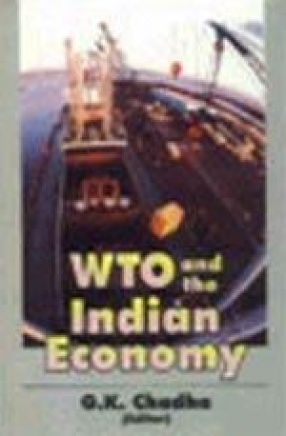
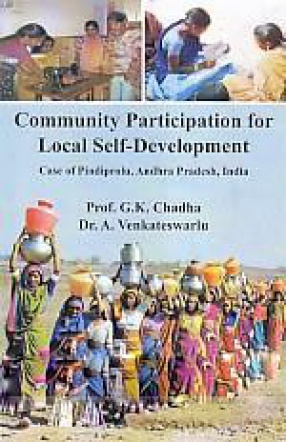
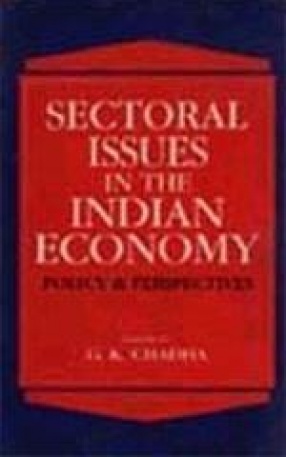

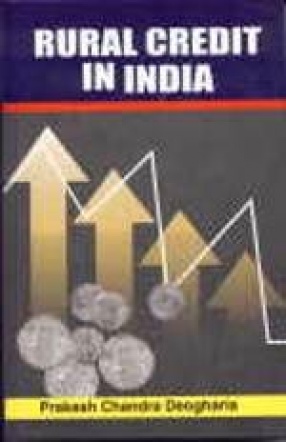
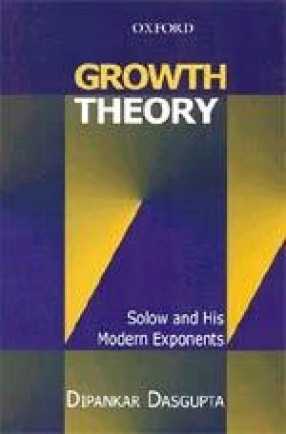
There are no reviews yet.